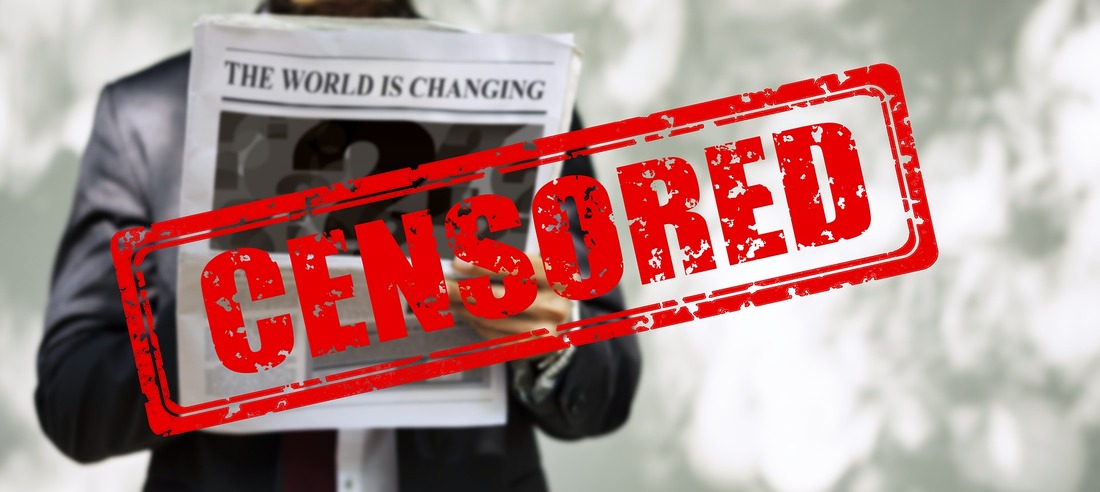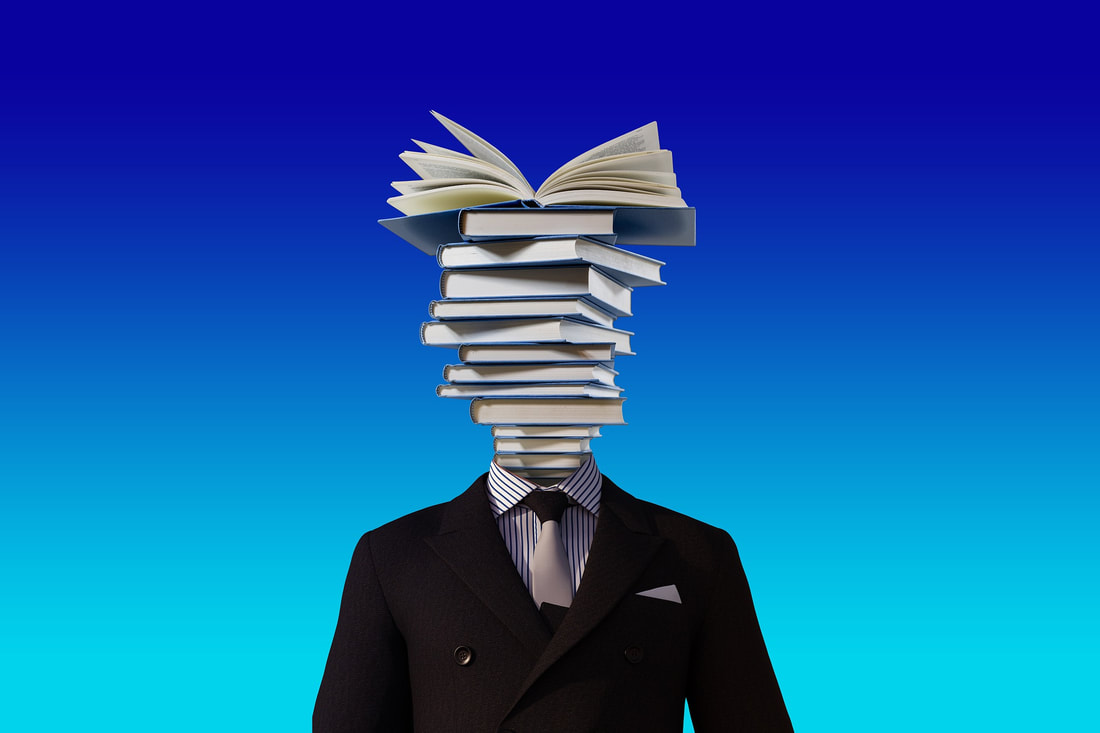|
You can’t read every book. You can’t retain everything you read. Given these facts what counts as being well-read? It’s an interesting question to consider in a world where more and more books are being published every year thus making the goal of keeping up with knowledge nearly impossible. Even if you choose to specialize in one discipline, being well-read in that discipline is extremely difficult. But, is there a way to attain a level of general knowledge that is both achievable and useful? And, what are the benefits of such knowledge?
In an effort to plan a homeschooling curriculum for my daughter I have been thinking quite a lot about such questions. While I have a lot of sympathy for the unschooling movement and interest-led learning I also think it is important to gain a broad exposure to many different subjects and have at least a passing familiarity with the broad concepts in basic academic subjects. One of the chief benefits of such broad exposure is the ability to make connections between subjects you do have an interest in and subjects you find less interesting. As T.S. Elliot once said “No one can become really educated without having pursued some study in which he took no interest. For it is part of education to interest ourselves in subjects for which we have no aptitude.” In my curriculum I have organized the various academic subjects into the following categories: Foundations: Education, Mathematics, Critical Thinking, Language, Life Skills Moral Philosophy: Economics, Ethics, Philosophy, Politics, Psychology, Religion Natural Philosophy: Astronomy, Biology, Chemistry, Geography, Geology, Physics History: American History, World History, Ancient History, Greece and Rome, The Middle Ages, The Renaissance, Women in History, English History Humanities: Art, Literature, Music, Plays, Poetry One of my initial goals for this curriculum was to create a resource list including important books for each subject. To “complete” a course of study a student would need to read a certain minimum number of books in that subject. But, this leads us back to the original question: What does it mean to be well-read in a certain subject area? Can this be reduced to a specific number of books? I think you need to begin any course of study with the stipulation that learning everything about that subject might be a worthy aspiration but it is not a realistic goal. One also has to remember that learning about a subject involves more than simply reading a set of books on that subject. So, you have to have time for things other than reading. Let’s pick as an arbitrary number five books per subject. That comes to 150 books for the set of academic subjects I listed above. At the modest reading rate of 25 books per year that means becoming “well-read” in all of the subjects listed above would take 6 years. I think you could make an argument that a student who went through such a curriculum could not only pass any exam given for any of these subjects at a high school (and possibly college) level but would also be vastly better educated than the average (or even above average) high school graduate. A student who went through this curriculum would not know everything there is to know about each of these subjects but would know enough to see how they were connected and would know enough to be able to learn more about any given subject if they so desired. In other words, they would have a solid educational foundation.
1 Comment
Image by Gerd Altmann from Pixabay Quora Question: Why should books not be censored? There are a number of problems with the idea that books should be censored. Here are just a few.
Perhaps the better question to ask would be: For those who advocate banning certain books, what are your arguments for doing this? I can’t imagine any argument that would outweigh other more important considerations; chief among them the importance of the free exchange of ideas. Ideas are inherently dangerous and subversive. They usually advocate some sort of change or reform. Those changes or reforms are threatening to those in power whoever they may be. As such, if you make an argument for banning books, there are very few books that would truly be “safe” from this practice. Those that would be safe would be so banal and uninteresting as to be not worth reading, to begin with. Any idea worth writing about is an idea that will offend someone or disturb someone’s thinking, challenge their beliefs, or threaten the status quo in some way. But, that’s precisely why we need those ideas. Freedom of expression is too important a value and necessary to a flourishing society to risk the chilling effect of banning books. Image by Enrique Meseguer from Pixabay A2A on Quora: Can a teacher make you read a book that does not fit your moral standards?
No one can make you read a book. You can be assigned a book but are not compelled to read it. Of course, not reading an assigned book has academic consequences (as it should). But, these pale in comparison to other consequences to not reading a book that differs from your beliefs. Learning is about broadening your horizon, your perspective, and your knowledge. As a student taking a class, you are in the position of someone who has something to learn. Of course, you have knowledge and beliefs coming into the class but you could also benefit from an expansion of your knowledge and some challenges to your beliefs. Both of those will come by doing such reading. As a result of reading a book that does not fit your moral standards, you may discover more about yourself and your moral beliefs. You may discover ways to strengthen your moral position. You might also discover that there are flaws in your moral reasoning that should be addressed. In either case, you will certainly learn something useful and that is the whole point of reading books in the first place. As an adult, you should then continue this practice of reading material you might disagree with. Reading and exposing yourself only to ideas you already agree with is not the way to grow as a human being and certainly not the way to become actively engaged in a diverse community. One of the best lessons you will learn from your education is that it is possible to examine ideas and understand them even without accepting them. Ultimately, you have a choice about what ideas to accept and reject. You should strive to evaluate ideas in light of the best available evidence and reason and accept those ideas. In some cases, the best available reason and evidence might support the beliefs you already hold. In other cases, reason and evidence will show that your ideas are not well-founded. In those cases, you still have a choice to make. A good education will help you become a good critical thinker and good critical thinkers follow reason and the evidence where it leads recognizing that sometimes it will lead them to adopt different ideas than the ones they started with.
At some point this year (2022), I will read my 2,000th book. I thought I'd revisit a post I made years ago regarding my 1,000 book milestone. On September 10, 2010, I read my 1,000th book. I started counting books I completed in 1987 so it took a little over 20 years to reach my 1,000th book. Upon reaching the milestone of reading 1000 books, it seems appropriate to reflect on what I have learned as a result of all that reading. The temptation is to enumerate a list of facts or insights gained from individual books. Doing this might be a worthwhile project but would be a book unto itself and might not yield any insights to other readers. Instead, I want to reflect on a few general points.
Image by Foundry Co from Pixabay
You can’t read every book. You can’t retain everything you read. Given these facts what counts as being well-read? It’s an interesting question to consider in a world where more and more books are being published every year thus making the goal of keeping up with knowledge nearly impossible. Even if you choose to specialize in one discipline, being well-read in that discipline is extremely difficult. But, is there a way to attain a level of general knowledge that is both achievable and useful? And, what are the benefits of such knowledge?
Image by Gerd Altmann from Pixabay
There are many ways to learn. However, I think books are one of the best. Having read over 1,200 books I would say that! Of course, there is more to learning any subject than reading but, I think there are still many tangible benefits to reading books and I would like to outline some of those here. |
KEVIN J. BROWNEPhilosopher / Educator These blog posts contain links to products on Amazon.com. As an Amazon Associate I earn from qualifying purchases.
Categories
All
Archives
April 2023
|









 RSS Feed
RSS Feed
















